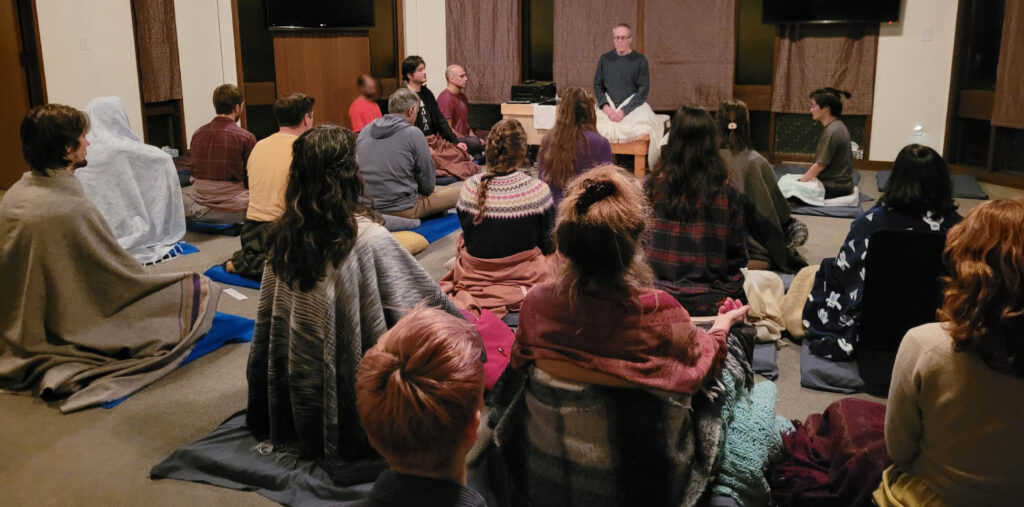– by Greg Shearing, Investment & Insurance Advisor –
February is Heart and Stroke month and it reminds us of how important it is to do what we can to protect our own health and ensure the wellness of our family. While a good diet and exercise is certainly important for optimal health, having the right protection in place in the event you are unable to earn a living or meet your expenses is key to the health of your family.
When people think of protection, most often they think of Life Insurance. But did you know that with medical advances and a longer lifespan, more and more people are surviving a critical illness to live many more years? This presents a new challenge and opportunity to pro-actively protect you and your family. An interruption to income and added expenses from an illness can negatively affect both your recovery and in some cases affect life permanently if you have to give up your house or other important things
Critical Illness Insurance (CI) is there to help if you suffer a major life threatening event or disease, and survive. It pays you a tax free lump sum if you are diagnosed, or suffer a serious illness and survive. Essentially it’s something you get for yourself that also protects others.
One of the strongest cases for CI is a parent afraid of being a burden on their spouse or kids. Nobody wants to cause their loved ones hardship, as all of the emotion and suffering with a major life event is enough itself. Having something in place to alleviate the worry of your children taking time off work or using their own means to care-give can make a tremendous difference to everyone. Like other insurance, it’s beneficial to initiate earlier rather than later in life. There are many ways to structure CI, including provisions that return all of the premium at a certain age (if you are fortunate to never claim!)
We are quick to insure the ‘things’ in our life. You wouldn’t drive without having adequate vehicle coverage, and your house and contents are likely covered for theft, fire or earthquake. Insuring your ability to continue to support yourself and your family is even more important, and what you chose to do with the benefit you receive is entirely up to you. Use the proceeds to take time away from work to recover. Use it for visiting loved ones to stay in a hotel, or perhaps seek private treatment not normally affordable. Renovate the house so it stays accessible. Take a year off and go to Maui to heal. The point is it can be used however you desire.
Whatever you like, it’s your choice. But give yourself the option.
For more information visit www.cooperfinancial.ca




